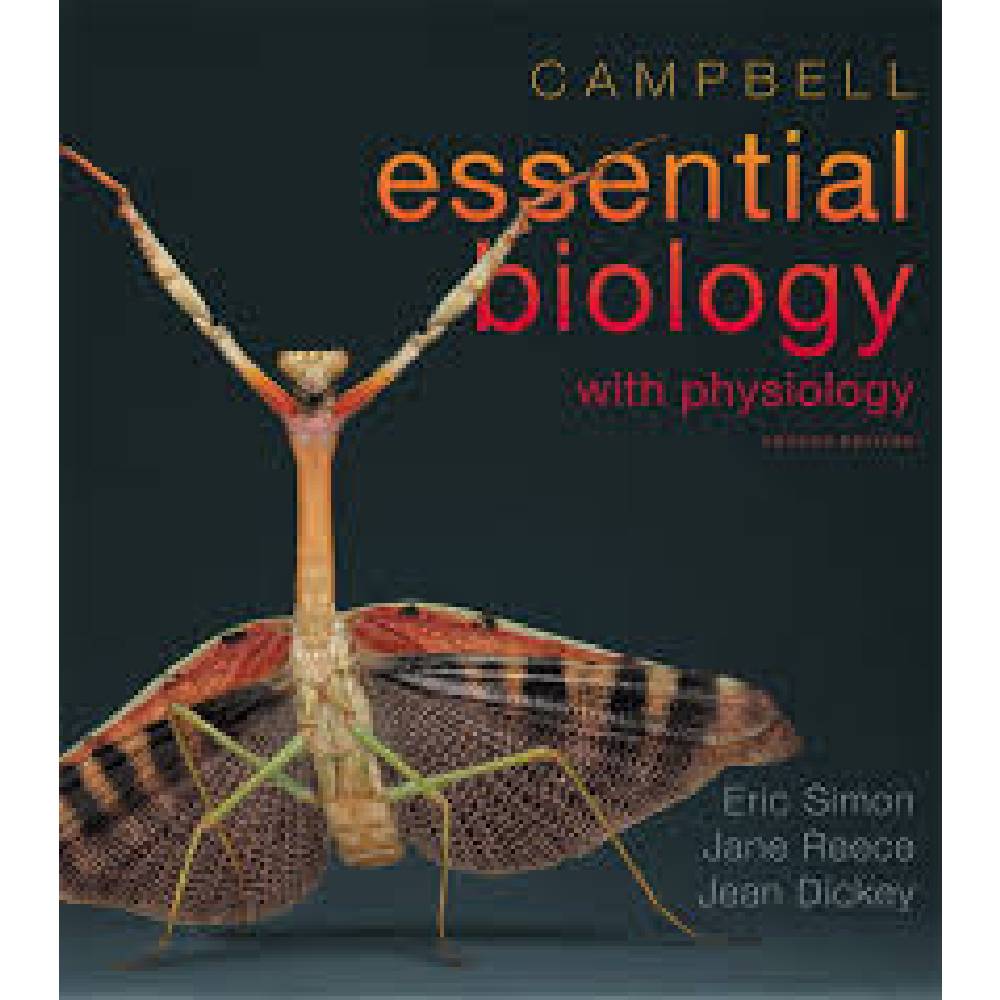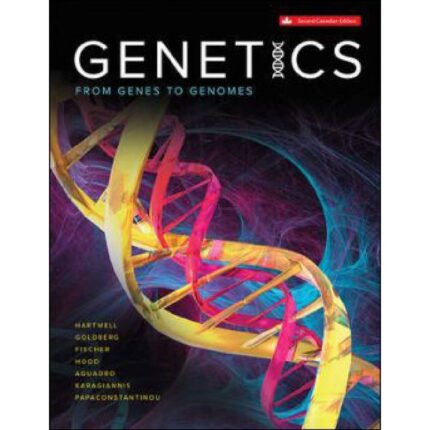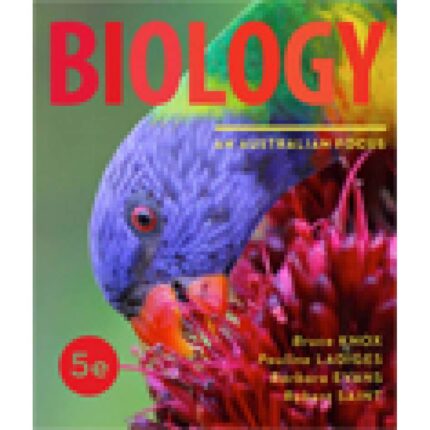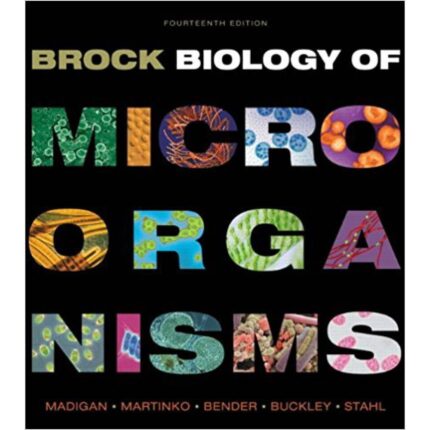Chapter 11: Motivation
Multiple Choice Questions
11.1-1. Psychologists using the concept of motivation have suggested that
a. biological mechanisms are unrelated to motivation.
Incorrect: As your text notes, the idea of biological mechanisms plays a large role in several different theories of motivation, including instinct theories and drive reduction theories.
b. actions may be internally or externally motivated.
Correct: The question becomes whether we are motivated by something internal, something external, or by an interaction of internal aspects of the person and external aspects of the environment.
c. people are always responsible for their actions.
d. motivation may help initiate behavior, but it cannot prolong it.
Difficulty: 2
Page Ref: 298
Topic: Understanding Motivation
Skill: Conceptual
Answer: b. actions may be internally or externally motivated.
11.1-2. The theory that much important behavior is motivated by internal drives was most fully developed by
a. Clark Hull.
b. Julian Rotter.
c. Fritz Heider.
d. Michael Apter.
Difficulty: 2
Page Ref: 299
Topic: Understanding Motivation
Skill: Factual
Answer: a. Clark Hull.
11.1-3. In Clark Hull’s conceptualization of motivation, emphasis was placed on the role of
a. social approval.
Incorrect: Hull’s model focused more on physical homeostasis than a psychological phenomenon like the need for social approval.
b. tension reduction.
Correct: When a drive is satisfied or reduced and homeostasis is restored, the organism ceases to act.
c. achievement need.
d. sex.
Difficulty: 2
Page Ref: 299
Topic: Understanding Motivation
Skill: Conceptual
Answer: b. tension reduction.
11.1-4. Reinforcement by tension reduction is best exemplified by a
a. boy riding his bike and whistling on a sunny day while enjoying the treasures of nature.
b. lion that has not caught any prey for two days.
Incorrect: Once the lion does catch some food, this will be a correct answer to this question.
c. bear that has quenched its thirst after many hours of searching for water.
Correct: The bear’s actions that led to thirst reduction will be reinforced because they are associated with tension reduction.
d. hawk searching for rodents during the heat of midday.
Difficulty: 1
Page Ref: 299
Topic: Understanding Motivation
Skill: Applied
Answer: c. bear that has quenched its thirst after many hours of searching for water.
11.1-5. All of the following ideas are consistent with Clark Hull’s view EXCEPT that
a. drives activate the organism.
Incorrect: In Hull’s theory, drives activate an organism to act in ways to reduce the drives and restore homeostasis.
b. behavior ceases when drives are satisfied or reduced.
c. primary drives are biologically based.
d. the presence of tension is reinforcing.
Correct: The reduction of tension and reestablishment of equilibrium is reinforcing.
Difficulty: 2
Page Ref: 299
Topic: Understanding Motivation
Skill: Conceptual
Answer: d. the presence of tension is reinforcing.
11.1-6. In the context of motivation, homeostasis refers to
a. a state of equilibrium in internal bodily conditions.
b. unpleasant internal feelings that inspire behavior.
c. an imbalance associated with tension.
d. an organism’s innate physiological needs.
Difficulty: 2
Page Ref: 299
Topic: Understanding Motivation
Skill: Factual
Answer: a. a state of equilibrium in internal bodily conditions.
11.1-7. Suppose a rat has been deprived of food or water. According to a tension reduction explanation of motivated behavior, when placed in a novel environment with food and water, the rat should eat and drink at its first opportunity. When actually placed in such an environment, research described in the chapter suggests that the rat will
a. eat only.
b. drink only.
c. immediately eat and drink.
d. first explore the environment.
Difficulty: 2
Page Ref: 299
Topic: Understanding Motivation
Skill: Factual
Answer: d. first explore the environment.
11.1-8. A manager doesn’t particularly like his job, but he works hard anyway because he is well-paid. The money he receives as a reward for his behavior is called a(n)
a. drive.
Incorrect: Drives are internal physiological states that disrupt homeostasis and motivate behaviors to restore physiological balance.
b. need.
c. incentive.
Correct: Incentives are external stimuli or rewards that do not directly relate to biological needs, but motivate behavior due to their reinforcing properties.
d. instinct.
Difficulty: 2
Page Ref: 300
Topic: Understanding Motivation
Skill: Applied
Answer: c. incentive.
11.1-9. Imagine you are a student studying psychology at the end of the 1800s. You go to a lecture presented by William James. Which statement would you most expect to hear regarding James’ view of human behavior?
a. There is no such thing as an instinct.
Incorrect: In fact, James was a very big proponent of the existence and importance of instincts.
b. Instincts exist only in nonhuman animals.
c. Although some instincts exist in humans, they are generally unimportant.
d. Humans rely even more on instinctual behavior than other animals.
Correct: James argued that humans have many social instincts for sympathy, modesty, sociability, and love. These instincts, he said, are not carried out through fixed action patterns.
Difficulty: 2
Page Ref: 300
Topic: Understanding Motivation
Skill: Conceptual
Answer: d. Humans rely even more on instinctual behavior than other animals.
11.1-10. While scanning the shelves in a library, you notice a book written in the 1920s. If you opened it up to look for the chapter on motivation, you would be most likely to find that psychologists
a. had not yet discovered the concept of motivation.
Incorrect: At this time, motivation was very interesting to psychologists, and they had compiled a large list of potential instincts.
b. believed that most animal behavior is instinctually motivated, but that human behavior is not.
c. had compiled a list of 10,000 human instincts.
Correct: As your author points out, psychologists in this era were so interested in the importance of human instincts that they compiled an extensive list of potential instincts.
d. were focusing on the role of expectations in motivating behavior.
Difficulty: 2
Page Ref: 300
Topic: Understanding Motivation
Skill: Applied
Answer: c. had compiled a list of 10,000 human instincts.













Reviews
There are no reviews yet.